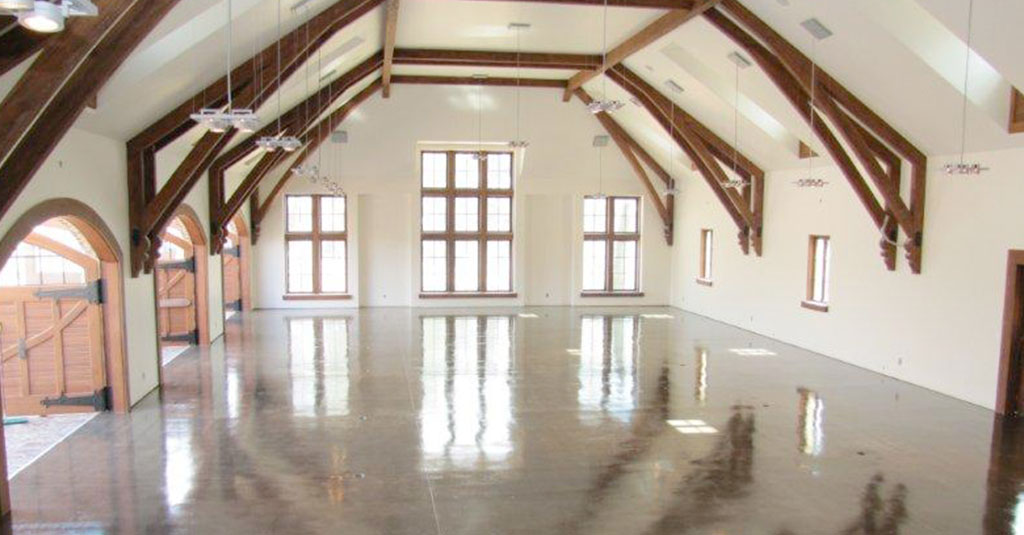
Epoxy Coatings: Know the difference before making a decision
Epoxy is the most popular choice for garage floors today because it’s tough, durable and long-lasting. Epoxy flooring consists of a special epoxy resin and hardener that work together to create a powerful chemical bond with both each other and the floor. However, not all epoxy coatings are alike. Understanding the variations between the different types of epoxies can help you choose the best one for your needs.
Epoxy Coatings for Your Concrete Floors
Epoxy coatings have two parts: a resin and a hardener. These parts must be mixed before application, but once they’re mixed, the clock starts ticking on the curing process. This is called the pot life. A longer pot life gives you more time to apply it while a shorter pot life means you need to work quickly.
Manufacturers use carrier agents for self-leveling, longer pot life and to make epoxies easier to apply. Epoxies that use carriers are more user-friendly and easier for DIY-use. The epoxy rolls smoothly like paint, and the pot life is about 2 hours. Once it’s been applied, the carrier agent dries, leaving only the epoxy. This means that while epoxies with carrier agents are easy to apply, they’re also thinner once dried.
The two primary carrier agents used in epoxies are solvent and water. Solvent was once a popular carrier agent because it can be applied in high humidity and cooler temperatures, had slightly glossier surfaces and tended to be more durable than water-based epoxies. However, solvent-based epoxies also have high volatile organic compounds and give off fumes, requiring respirators when applied inside. Because of the potential risks associated with solvent-based epoxies, many companies are turning instead to water-based epoxies.
Today’s water-based epoxies have become more durable and offer just as much shine as solvent-based epoxies. They don’t have any of the fumes and smells associated with solvent-based epoxies, and that makes them a more environmentally sound choice. Some of them can even be applied to damp concrete, which makes them a good choice to stop moisture vapor transmission.
100 Percent Solids Epoxy
Not all epoxies need carrier agents. Commercial epoxies often use 100 percent solids epoxy, which allow for thicker dry film coats of 10 mm or more depending on the manufacturer and application method. The coating cures by chemical catalyzation, and because there are no VOCs, it is environmentally friendly. It can accept vinyl acrylic flakes and work well as a color coat, and it is resistant to stains, abrasion and chemical damage. When it comes to the different types of epoxies, 100 percent solids epoxy is the most durable of all the options.
However, its thicker consistency and short pot life make it difficult to work with. Although it can be applied as a DIY project, the manufacturer’s instructions must be followed to the letter to ensure satisfactory results. The 100 percent solids are also more expensive than those with carrier agents, but they’re more cost-effective when considering thickness and durability.
About Blackrock Industrial
At Blackrock Industrial, we’re proud to offer top quality service to clients throughout the South Florida region. We are a veteran-owned company and work hard to bring our clients the highest-quality, most affordable and reliable service around. Our goal is 100 percent customer satisfaction, which is why we focus not just on the big picture but also the small details. We’ll help you find the right Epoxy coatings for your concrete floors. Contact us today to learn more!


